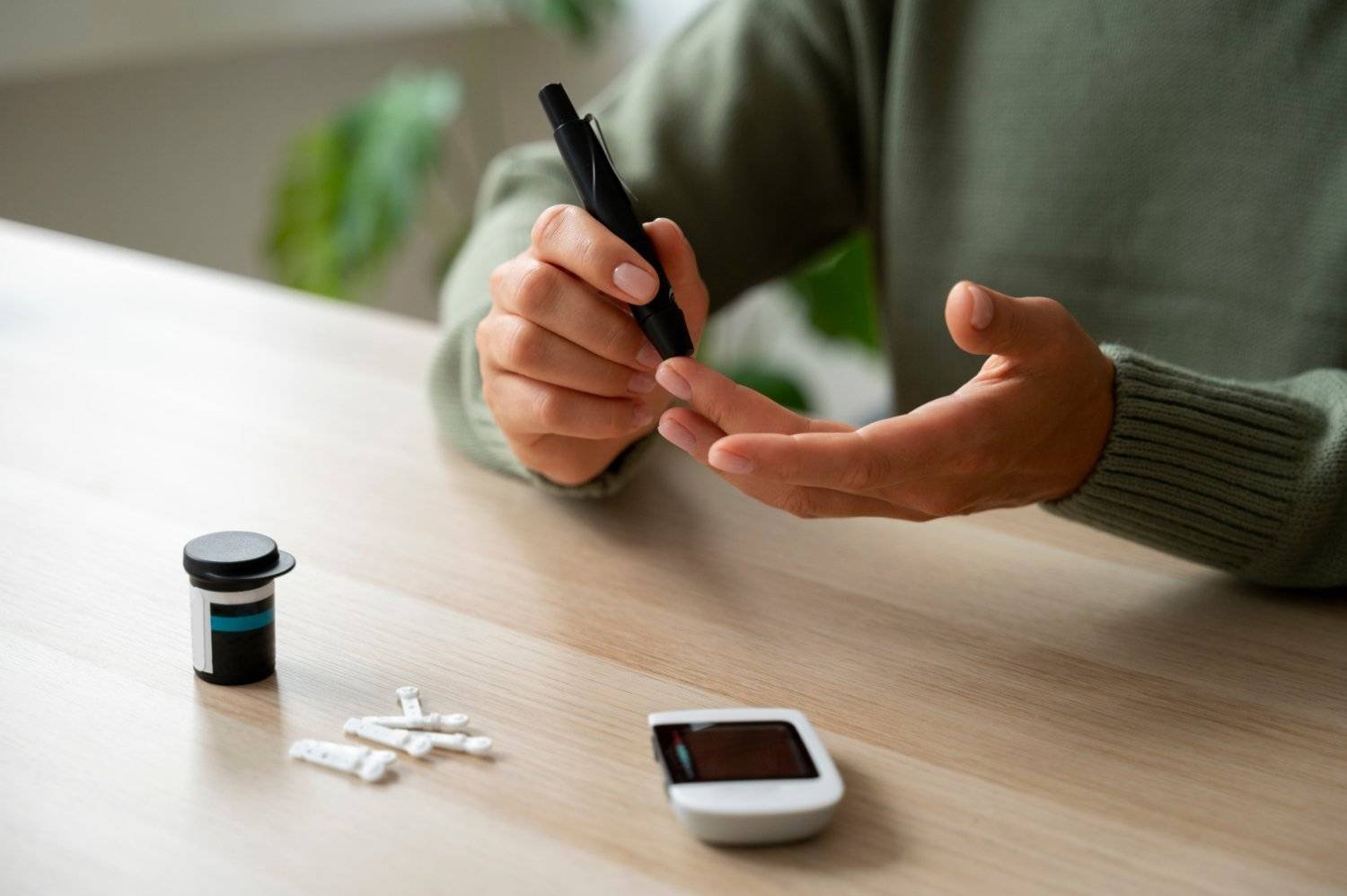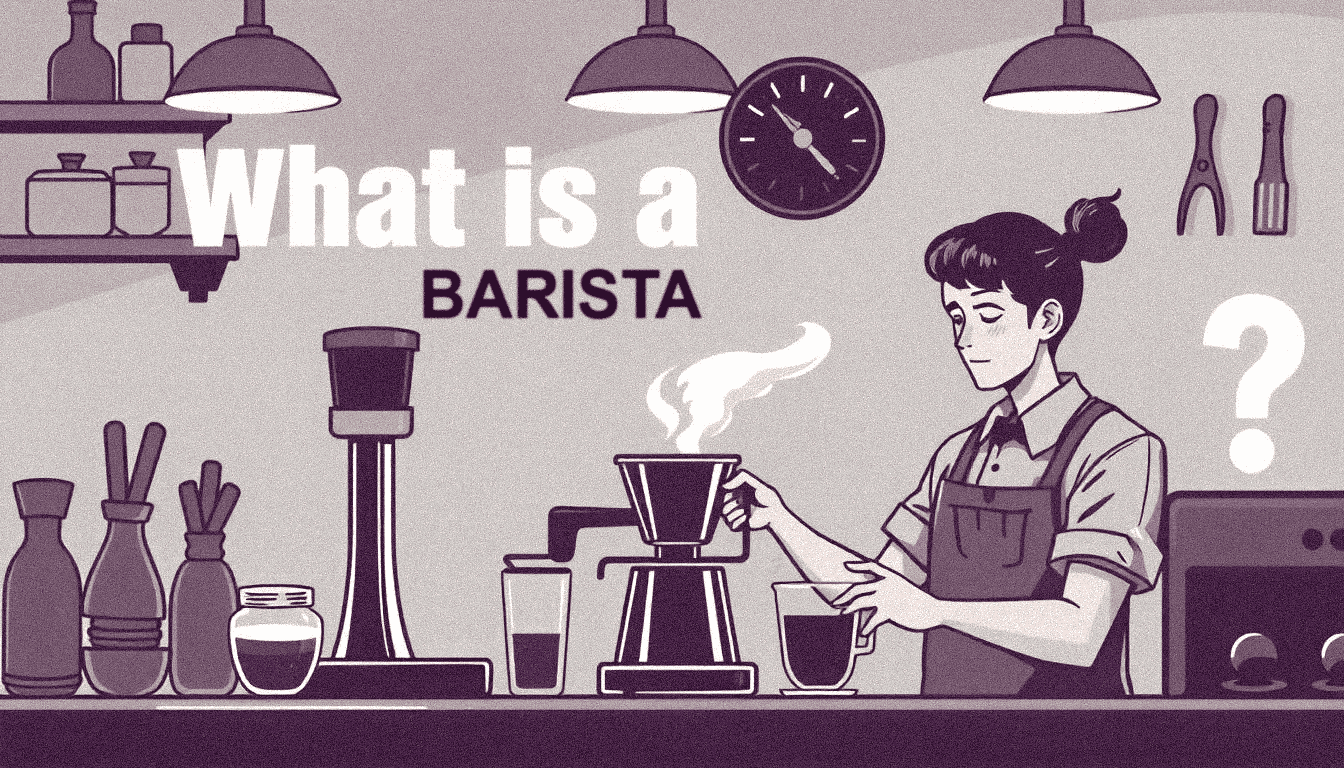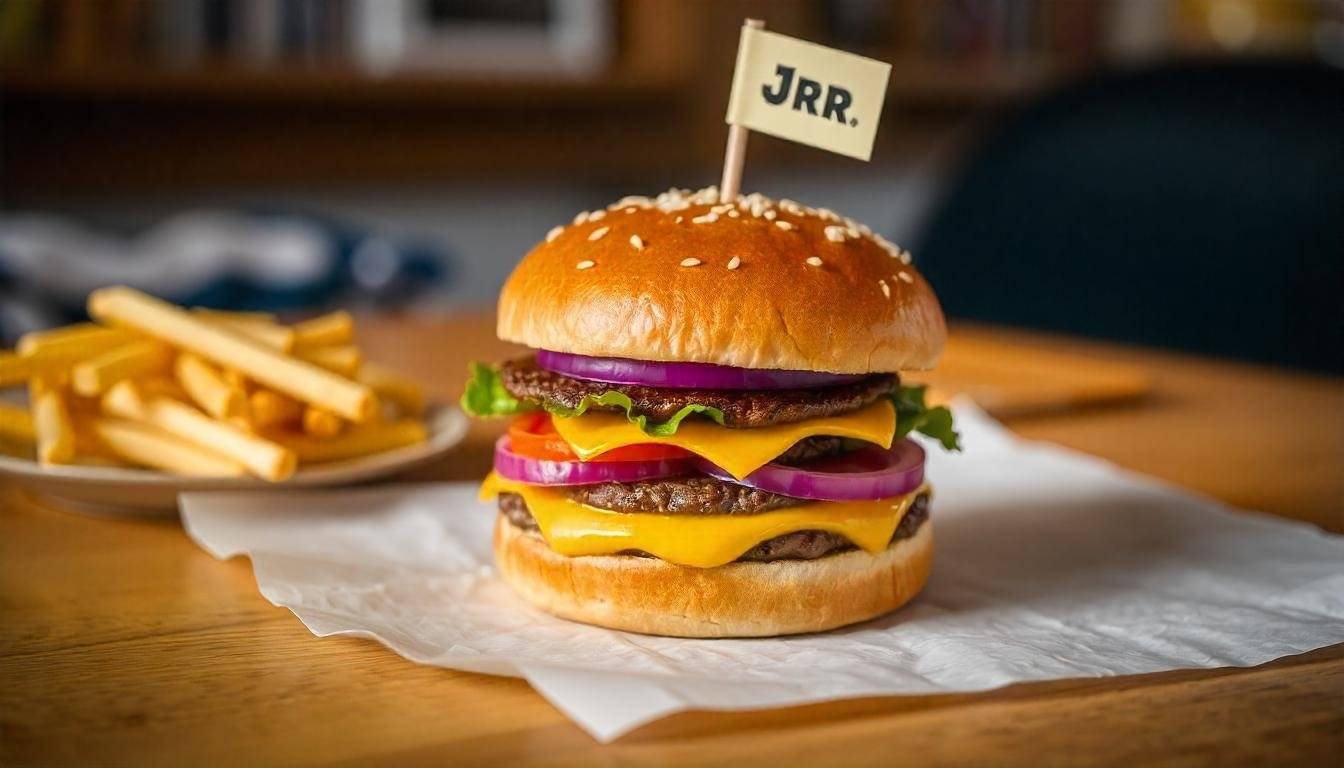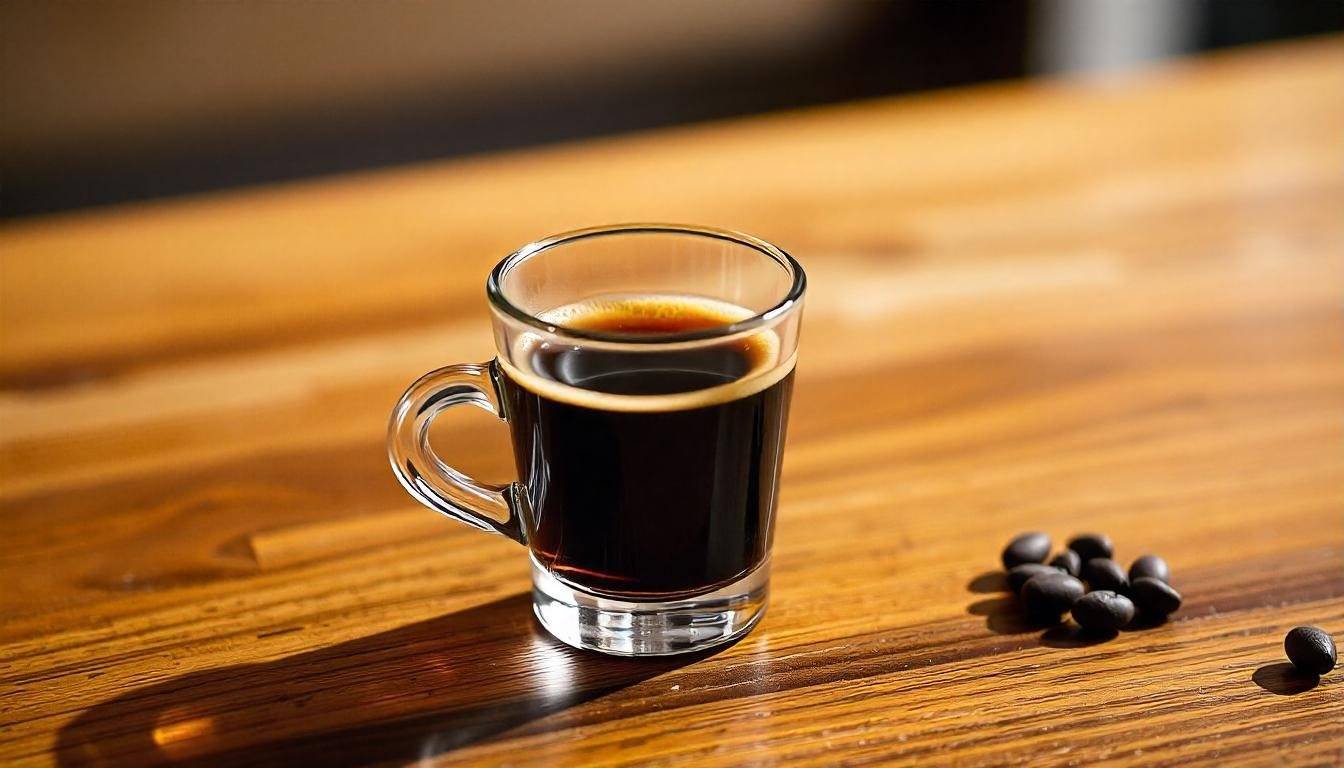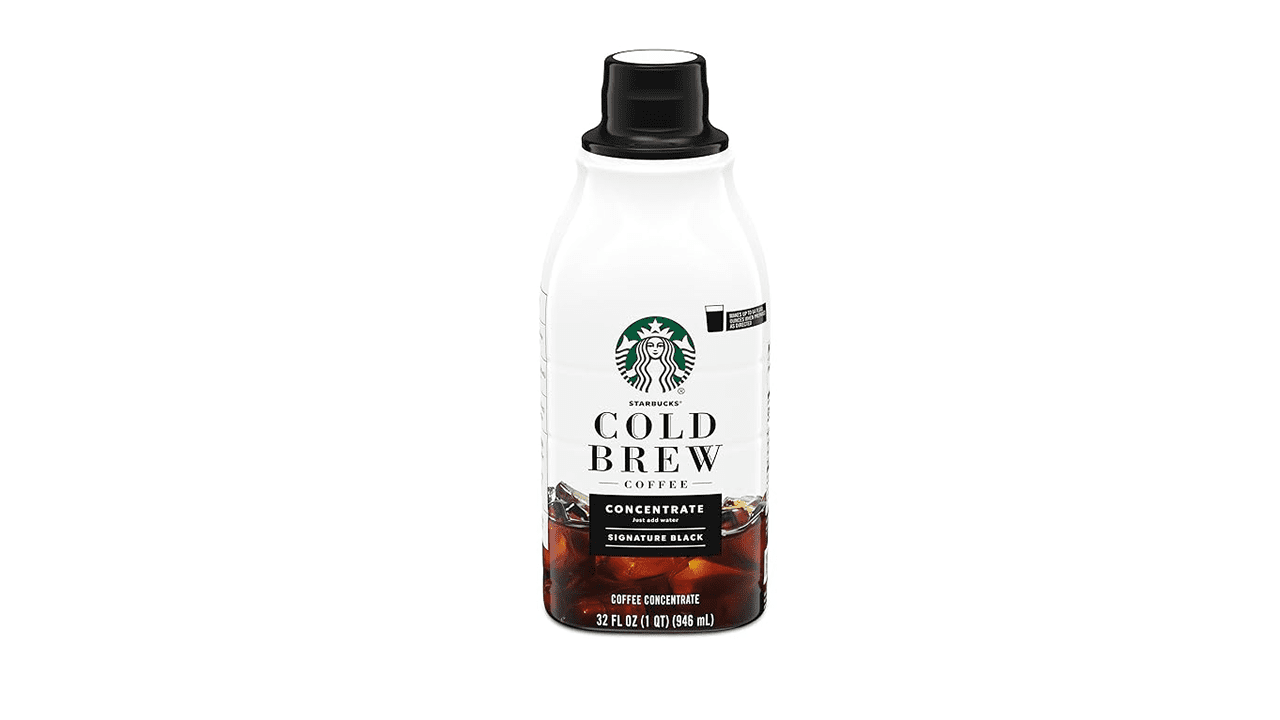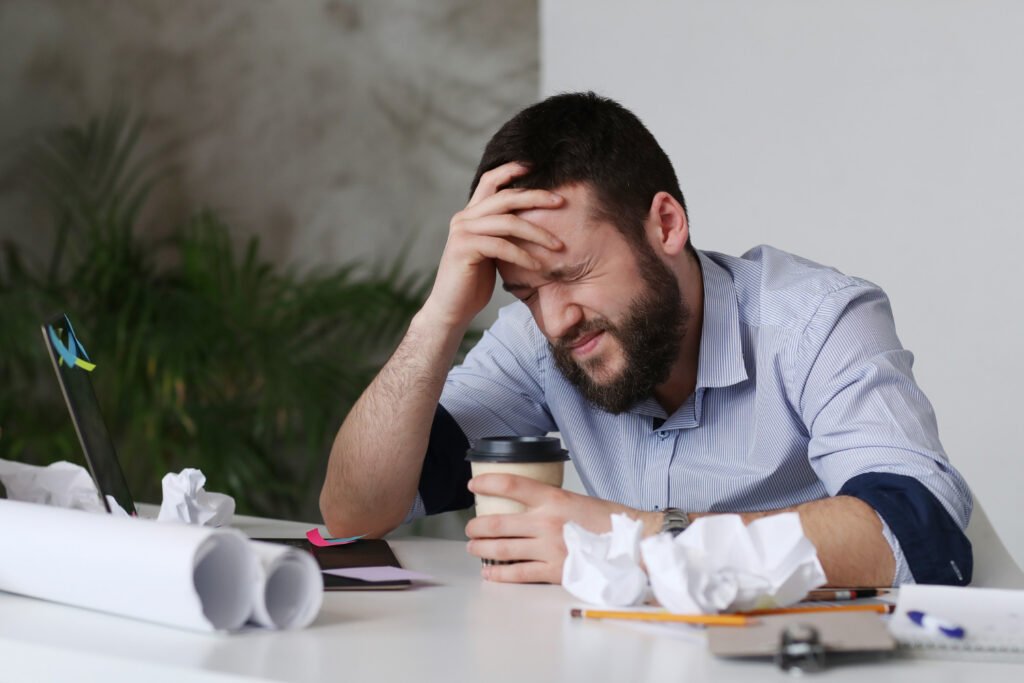
Introduction
Coffee is our go-to for a quick energy boost. That rich, aromatic brew seems like the perfect fix when we’re feeling sleepy. But have you ever noticed that instead of perking you up, it sometimes makes you feel sluggish and even more tired? Caffeine is supposed to make you more alert, not leave you dragging.
In this article, we’ll break down why that cup of coffee might be backfiring. Can coffee make you tired all day? Let’s find out!
The Caffeine Crash
The caffeine crash is real. When you drink coffee, caffeine jumps in and blocks adenosine, the chemical that makes you sleepy. It’s like caffeine tells your brain, “Nope, we’re staying awake!” For a while, you’re alert, focused, and ready to take on the day.
But once the caffeine wears off, all that built-up adenosine comes rushing in, causing a caffeine crash. That burst of energy you had? Gone. Now you’re feeling more tired than before. It’s like borrowing energy and paying for it later—often with interest! So, can coffee make you tired all day? Absolutely.
Dehydration
Coffee is a diuretic, meaning it makes you pee more, which can cause mild dehydration. And guess what? Dehydration makes you feel tired. Our bodies need enough water to keep running smoothly, so even being a little dehydrated can zap your energy, leaving you sluggish.
While coffee alone isn’t super dehydrating, relying on it too much without drinking enough water can tip the balance. The result? You end up more tired than energized. So, can coffee make you tired all day? It sure can if you’re not staying hydrated!
Caffeine Tolerance
If you’re a regular coffee drinker your body can start building a tolerance. Over time, caffeine stops being as effective at keeping you alert. You end up needing more just to feel awake, but instead of giving you energy, it can lead to overstimulation and make you feel wiped out.
Eventually, your body gets so used to caffeine that it no longer gives you that boost you’re craving, and instead, you end up feeling even more tired after drinking it.
Coffee, Mood, and Anxiety
For some people, coffee lifts their mood and makes them feel sharp and ready to tackle the day. But for others, it can ramp up anxiety, leaving them feeling jittery and on edge. This constant stress can lead to mental exhaustion and, eventually, physical fatigue.
The Stress Factor
Drinking too much coffee can stress out your adrenal glands, which produce cortisol, the stress hormone. High caffeine intake can overstimulate these glands, leading some people to talk about “adrenal fatigue.” While doctors don’t all agree that adrenal fatigue is a real condition, the idea is that too much stress on your adrenals can leave you feeling drained and tired, even with caffeine pumping through your system.
Caffeine Sensitivity
Some people are more sensitive to caffeine than others. If you fall into that category, even a small amount can overstimulate your system. Instead of getting energized, you might feel jittery, anxious, or even more tired.
For those with caffeine sensitivity, your body may react strongly to caffeine, causing a crash that hits harder and faster than for people with higher tolerance.
Blood Sugar Rollercoaster
Drinking coffee on an empty stomach can mess with your blood sugar levels. Caffeine often causes a spike in blood sugar, especially if you add sugar to your coffee. But that spike is usually followed by a sharp drop, leaving you tired and irritable. When your blood sugar crashes, your energy plummets, and you might feel like you’ve been hit by a wave of fatigue.
To avoid this blood sugar rollercoaster, try pairing your coffee with food. If you’re feeling unusually tired after your morning cup, this could be why.
Disrupting Sleep
Caffeine can really mess with your sleep, especially if you’re drinking it later in the day. Caffeine has a half-life of about 5-6 hours, which means that even after you finish your cup, half of it is still in your system. So, if you sip coffee in the afternoon, it can affect your sleep that night—often without you even realizing it. Poor sleep makes you tired the next day, leading you to drink more coffee, which then results in more bad sleep. This vicious cycle continues, making caffeine less of a boost and more of a burden. So, can coffee make you tired all day? Absolutely!
So, What Can You Do?
If coffee leaves you feeling tired all day, try a few simple changes. First, drink more water to stay hydrated, as dehydration can zap your energy. Pay attention to when you consume caffeine; avoid it in the afternoon or evening to protect your sleep. Pair your coffee with a balanced breakfast to keep your blood sugar steady and prevent those energy crashes. If you’re downing multiple cups daily, consider cutting back gradually to see if your energy levels improve. You might also switch to decaf if you love the taste but are sensitive to caffeine. Finally, take breaks from caffeine occasionally to reset your tolerance and help you feel its effects again. Remember, can coffee make you tired all day? Yes, but small changes can make a big difference!
Summary
Coffee, our favorite energy booster, can sometimes turn into a double-edged sword. While it gives us that much-needed jolt, it can also leave us feeling tired, sluggish, and burnt out. Whether it’s due to a caffeine crash, dehydration, or disrupted sleep, coffee isn’t always the answer to tiredness—it might even be part of the problem. So, the next time you find yourself yawning after your third cup, think twice before pouring another one. Sometimes, the best way to boost your energy is through better sleep, hydration, and a little break from caffeine.

